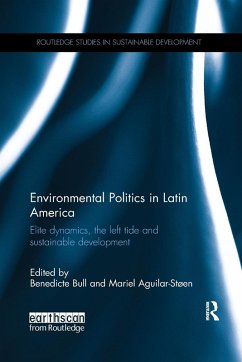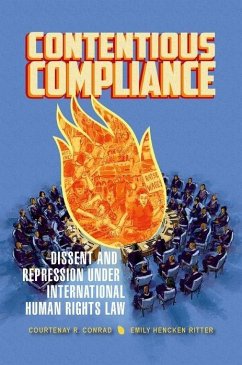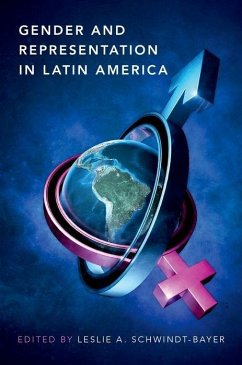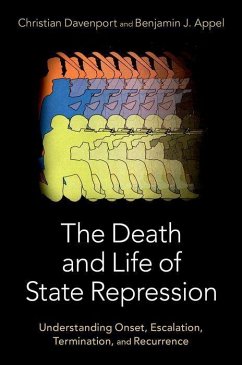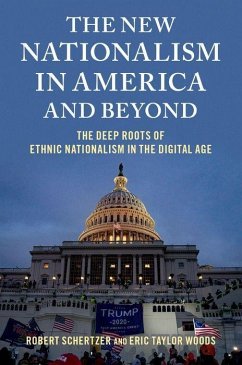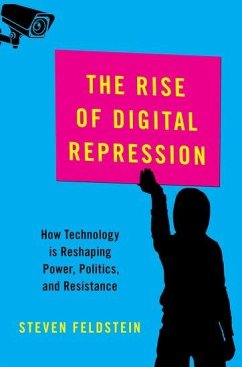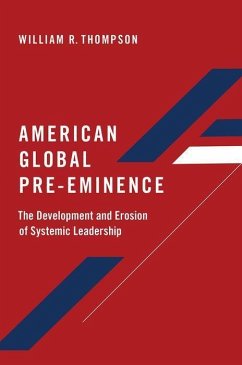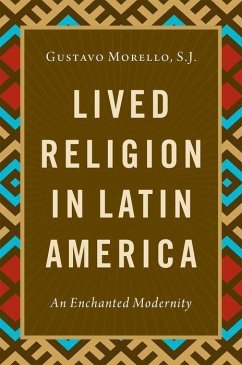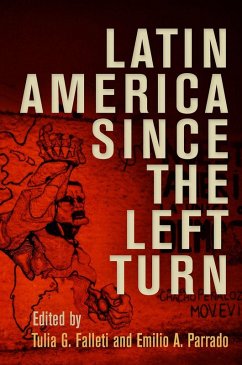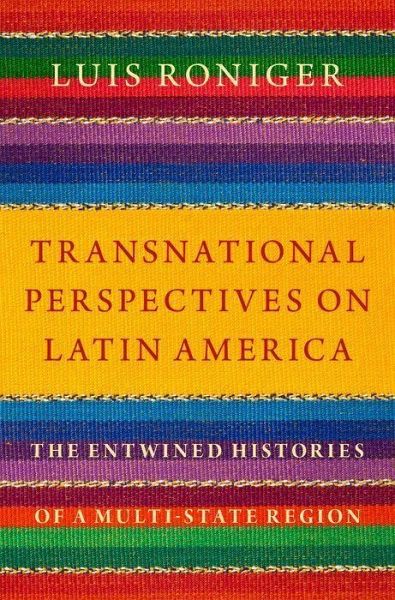
Transnational Perspectives on Latin America
The Entwined Histories of a Multi-State Region
Versandkostenfrei!
Versandfertig in über 4 Wochen
97,99 €
inkl. MwSt.
Weitere Ausgaben:

PAYBACK Punkte
49 °P sammeln!
Latin America is a region made up of multiple states with a diversity of races, ethnicities, and cultures. In Transnational Perspectives on Latin America, Luis Roniger argues that a regional perspective is significant for understanding this part of the Western hemisphere. He claims that geopolitical, sociological, and cultural trends molded a contiguity of influences, shaping a transnational arena of connected histories, cross-border interactions, and shared visions, complementing the process of separate nation-state formation.




